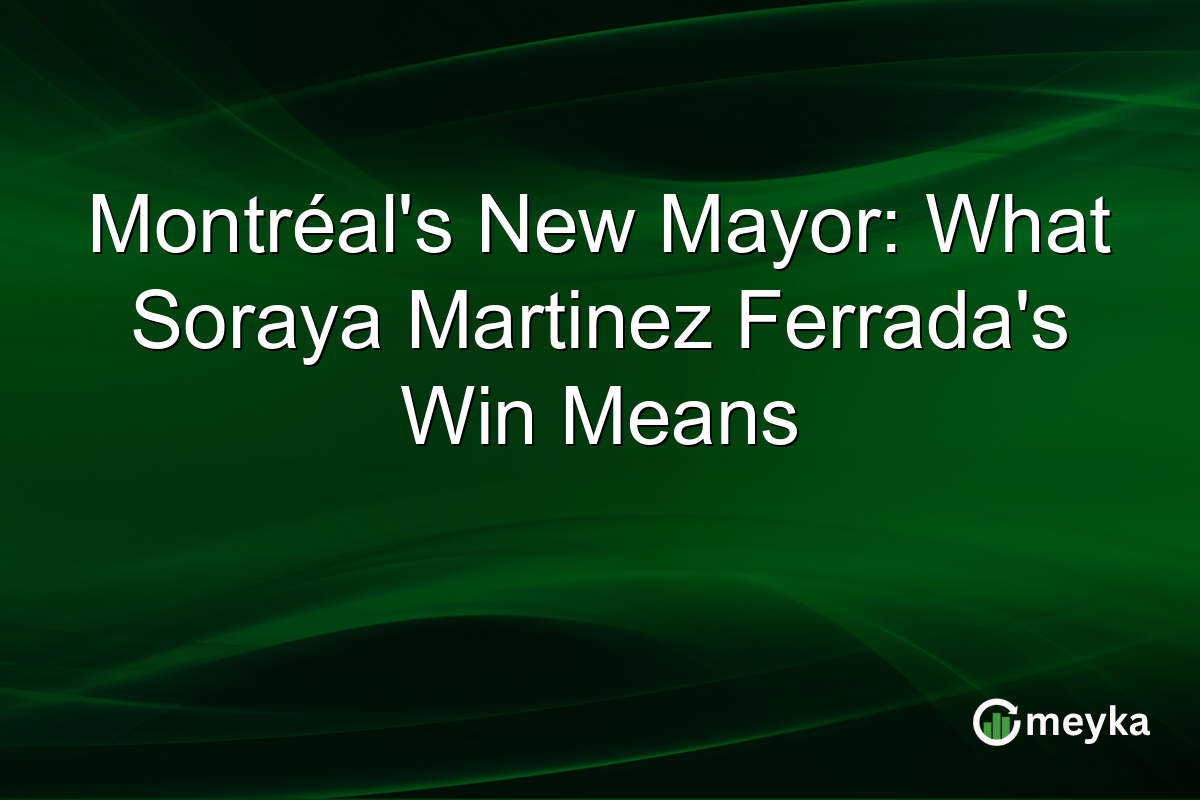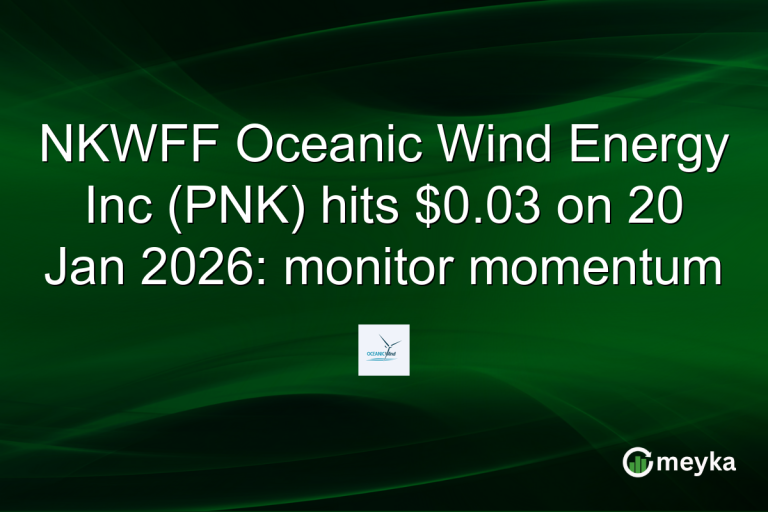Montréal’s New Mayor: What Soraya Martinez Ferrada’s Win Means
In a significant political shift, Soraya Martinez Ferrada has been elected as the new mayor of Montréal, marking the end of an eight-year tenure by Projet Montréal. This victory in the 2025 Montréal mayoral election signals potential changes in the city’s approach to housing, transportation, and governance. Her win reflects the city’s evolving political landscape, stirring both anticipation and speculation about the future direction of Montreal’s policies.
Continue Reading on Meyka
This article is available in full on our main platform. Get access to complete analysis, stock insights, and more.
Read Full Article →





